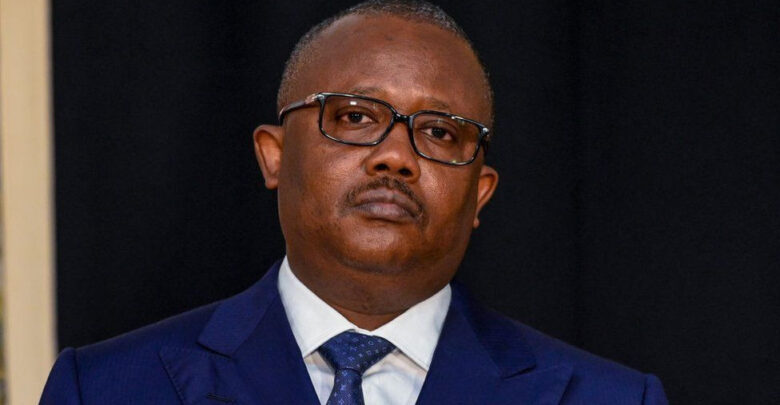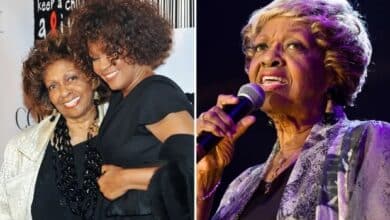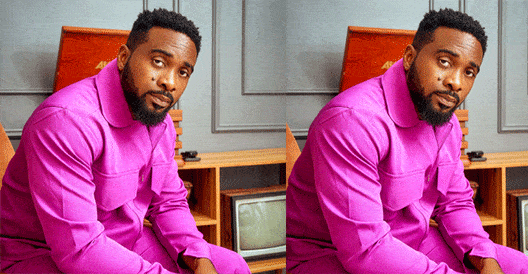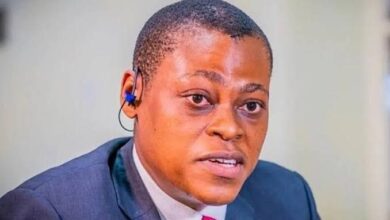News
Guinea-Bissau president alive and safe after failed coup and assassination attempts by suspected drug dealers

Guinea-Bissau’s President, Umaro Sissoco Embalo survived an attempted coup on Tuesday, February 1, leaving many dead and the poverty stricken country more politically unstable.
Embalo speaking Wednesday morning, February 2, said many members of his security forces had been killed repelling an attack on democracy that may have been linked to drug trafficking.
On Tuesday heavy gunfire rang out near a government compound where Embalo had been chairing a cabinet meeting. The situation was unclear for several hours, during which the African Union and West African bloc ECOWAS condemned what they called “an attempted coup”.
Embalo had begun chairing an extraordinary cabinet meeting at around 10 a.m., entering the government palace with a heavy security detail, a diplomatic source said. While he was present in the building, gunfire began outside.
The cabinet meeting was being held to prepare for a forthcoming ECOWAS summit in response to last week’s military takeover in Burkina Faso.
The events in the former Portuguese colony came just over a week after the military in Burkina Faso, another country in the region, took over leadership .
Appearing in a video posted on the Guinea-Bissau presidency’s Facebook page, Embalo said attackers had tried to enter the compound just after the cabinet meeting but had been repelled.
“It wasn’t just a coup. It was an attempt to kill the president, the prime minister and all the cabinet,” he said.
He added that the attack “was well prepared and organised and could also be related to people involved in drug trafficking”, giving no further details.
Guinea-Bissau is seen by the United Nations as a major waypoint for Latin American cocaine headed for Europe. U.S. and European authorities have long suspected that members of the country’s military are involved in the drug trade.
Embalo, has enjoyed strong support from the military during a previous political crisis, and in the video message surprisingly suggested that the army was not involved in the attack.
“I can assure you that no camp joined this attempted coup. It was isolated. It is linked to people we have fought against,” he said, without elaborating.
He said arrests had begun of people involved, but he did not know how many.
Portugal’s President Marcelo Rebelo de Sousa said on his official website he had spoken to Embalo by telephone and had “conveyed his vehement condemnation … of these attacks against the constitutional order of Guinea-Bissau”.
Before Embalo’s address, the African Union had said some government members were being detained and had called on the military to release them, without giving details.




